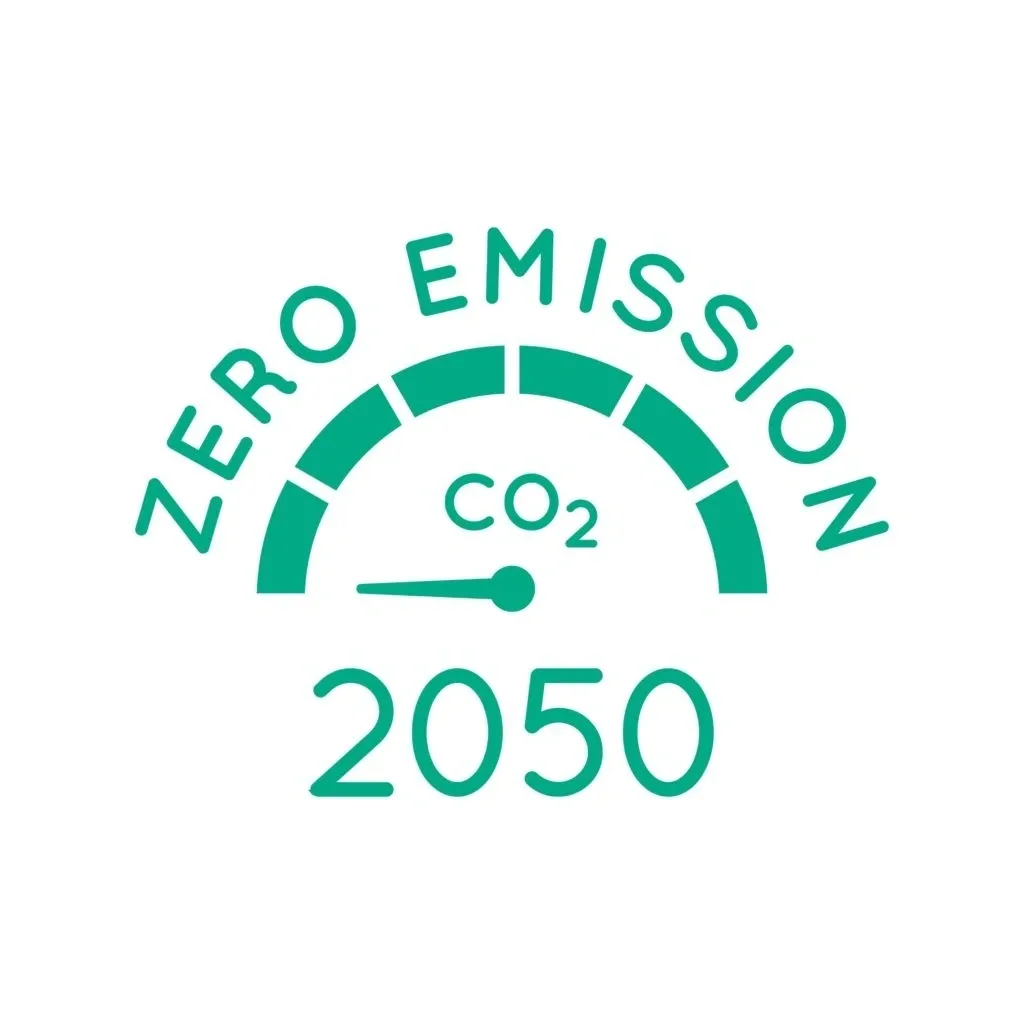
-
1.Global Emission Breakdown
– Companies accounted for 84% of global emissions in 2021, showcasing their substantial contribution to the climate crisis.
-
2.Private Sector’s Responsibility
– The private sector plays a central role in achieving the 2050 net-zero target, challenging the perception that emissions are primarily a result of governmental activities.
-
3.Direct Impact on Operations
– Climate change directly affects company operations, as highlighted by the UN World Water Development Report 2023, pointing out the adverse effects of water stress on water-dependent businesses.
-
4.Supply Chain Vulnerabilities
– The World Economic Forum underscores the interconnectedness of climate change and supply chains, with drought affecting major shipping routes and, consequently, supply chain operations.
-
5.Proactive Corporate Measures
– Companies are increasingly realizing the urgency of taking proactive measures to address climate change, recognizing its impact on their long-term sustainability.
-
6.Anticipation of Regulations
– Companies are urged to act before legal mandates by observing and aligning with policy commitments, as demonstrated by Mumbai and Tamil Nadu advancing their net-zero targets to 2050.
-
7.Contributing to Global Targets
– Companies contribute significantly to the fulfillment of internationally committed net-zero targets, fostering a collaborative relationship with cities, states, and countries in the pursuit of sustainability.
-
8.Shaping a Sustainable Future
– The private sector’s active involvement is crucial in shaping the trajectory toward a carbon-neutral future, highlighting the interconnected responsibilities shared by both public and private entities.







